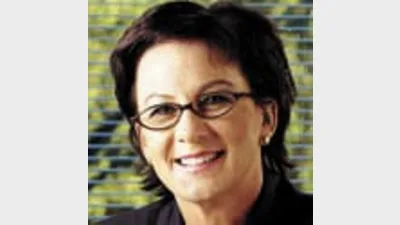FOFA unlikely to increase uptake of financial advice, says survey



While the majority of self managed superannuation fund (SMSF) professionals believe the proposed Future of Financial Advice (FOFA) changes will improve the standard of financial advice, only 14 per cent believe the reforms will see an increase in the uptake of advice.
A Self Managed Super Fund Professionals' Association (SPAA) survey of 360 SMSF professionals found that 57 per cent of respondents believed that FOFA would lift the standard of financial advice.
Eighty-one per cent of respondents believed they would be unaffected by the "best interests" duty contained in the FOFA draft legislation - and a further 64 per cent believed they would also be unaffected by the banning of volume-based payments.
However, while they were well prepared for the FOFA environment, SMSF professionals were concerned about the Stronger Super proposal to ban off-market transfers between SMSFs and related parties.
The majority of respondents (91 per cent) said the ban was unnecessary and would drive up transaction costs for SMSFs.
SPAA chief executive Andrea Slattery said the ban would create an uneven playing field in the superannuation sector.
"SPAA has advocated strongly against the banning of off-market transfers because APRA-regulated super funds (which would not have the same obligations) would have an unfair advantage over SMSFs," Slattery said.
The SPAA survey also found SMSF professionals were concerned about the Stronger Super requirement for auditors to be registered with the Australian Securities and Investments Commission (ASIC), with 56 per cent of respondents stating that a competency exam would reduce the number of auditors and increase compliance costs.
"SPAA believes SMSF auditors who already undertake 20 or more SMSF audits a year should be exempt from taking a competency exam as a condition of ASIC registration," said Slattery.
When it came to contribution caps, 79 per cent of respondents believed the $50,000 cap for individuals should be restored for those over 50. Additionally, 61 per cent of those surveyed believed SMSFs should have access to a "last resort" compensation scheme if they suffer a financial loss in the event of criminal activity such as fraud or theft.
Recommended for you
The Reserve Bank of Australia (RBA) has lowered rates to a level not seen since mid-2023.
Financial Services Minister Stephen Jones has shared further details on the second tranche of the Delivering Better Financial Outcomes reforms including modernising best interests duty and reforming Statements of Advice.
The Federal Court has found a company director guilty of operating unregistered managed investment schemes and carrying on a financial services business without holding an AFSL.
The Governance Institute has said ASIC’s governance arrangements are no longer “fit for purpose” in a time when financial markets are quickly innovating and cyber crime becomes a threat.











